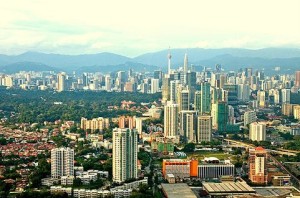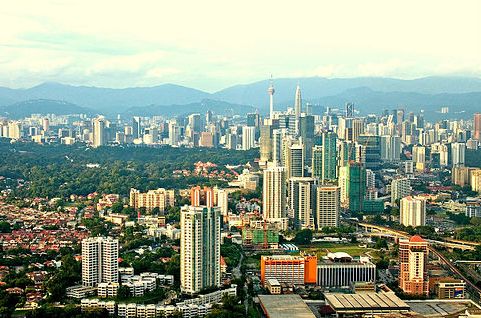 The full text of the recently concluded Trans-Pacific Partnership (TPP) deal may now be accessed on the website of Malaysia’s Ministry of International Trade and Industry (MITI).
The full text of the recently concluded Trans-Pacific Partnership (TPP) deal may now be accessed on the website of Malaysia’s Ministry of International Trade and Industry (MITI).
It is also available on the New Zealand Ministry of Foreign Affairs and Trade, according to a report by Bernama.
International Trade and Industry Minister Mustapa Mohamed said the 12 participating countries of the TPP have agreed to publicize the full text of the agreement and schedules so the public can get a broader picture of the trade pact.
In this connection, the Institute of Strategic and International Studies Malaysia and PricewaterhouseCoopers are preparing two cost and benefit analyses of the TPP which would be ready within two weeks.
The TPP is expected to be tabled in the Malaysian Parliament for debate and approval in January or February next year.
Among the highlights of the agreement is the provision that Malaysia’s sovereign rights would not be lost under TPP, and that the government will maintain the right to regulate for public interest, including implementing measures to protect human, plant, and animal health, and national security.
Also enshrined is pharmaceutical data protection for biologics products (non-chemical drugs produced using biotechnology processes) so as to provide non-discriminatory treatment.
On foreign labor, Malaysia will have the right to control entry based on the needs of the industry, prioritizing employment of local workers.
Regarding government procurement, 30% will be set aside for Bumi (Malay) contractors in construction services that is open to TPP members; for construction services not open to TPP members, the current local preferences will be maintained.
Moreover, the products and suppliers of other TPP countries will receive the same treatment as local counterparts, while Malaysian products and suppliers will be accorded the same treatment when they participate in the government procurement activities of other TPP countries.
State-owned enterprises in Malaysia have flexibility to give preferences to local and SME suppliers up to 40% of their annual purchases.
On services and investment, Malaysia will maintain current policies and adopt new policies related to Bumi concerns through the creation of new and additional licenses or permits in investment and services.
TPP will also provide preferential access for goods and services from Malaysia to four “new” free trade agreement markets, namely the U.S., Canada, Mexico, and Peru.
Malaysian SMEs will have access to a more liberalized market under the TPP for their exports. SMEs will also benefits as more inputs will be sourced from TPP members to meet the rules of origin requirement.
Malaysia is also seen to gain competitive advantage over regional competitors in exporting products such as electrical and electronics, chemical products, and palm oil products.
The country will eliminate import duties for almost 85% of products imported from TPP countries upon entry into force of the agreement.
Members of the proposed TPP, whose terms were finalized on October 5 this year, are Australia, Brunei Darussalam, Canada, Chile, Japan, Malaysia, Mexico, New Zealand, Peru, Singapore, U.S., and Vietnam.
Photo: Azharsofii





